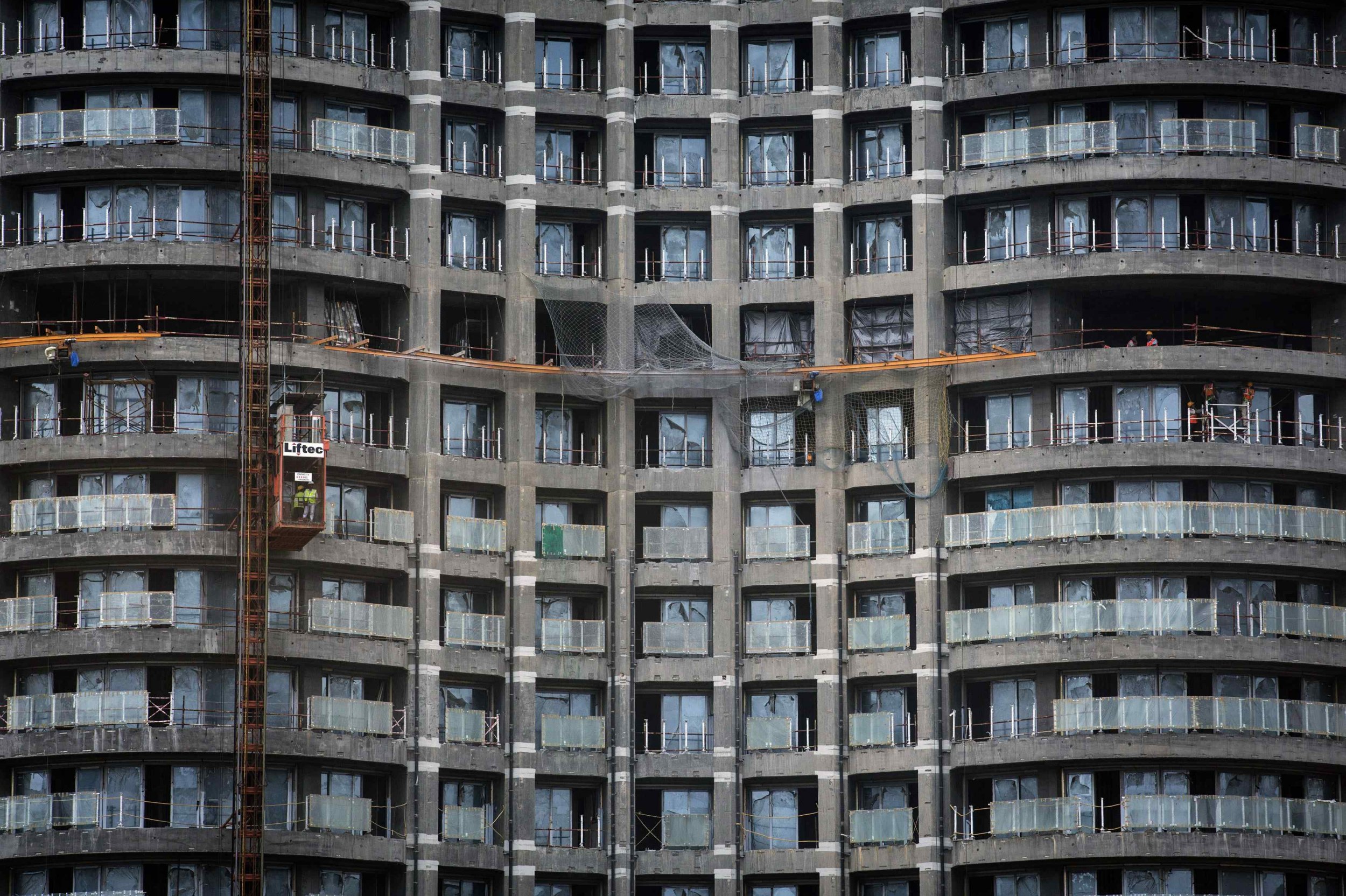
A recently released World Bank report has claimed that the chance of escaping poverty is now roughly the same in India as it is in the U.S.
The report, called Addressing Inequality in South Asia, compares the share of consumption among three developing countries - Vietnam, Bangladesh and India - and the United States, divided along transitioning class lines - moving out of poverty, those moving from poverty into the middle class, falling back to poverty, falling out of middle class. The findings of the analysis were that "within the same generation, mobility in earnings - measured by the ability to move out of poverty and into the middle class - is comparable to that of the United States
The report says that India between 2004-05 and 2009-10, 15% of the total population also moved above the poverty line. By these measures, the report claims "upward mobility within a generation in.... India was comparable to that of dynamic societies such as the United States."
The report attributed much of India's upward mobility to increased urbanisation in the country, stating in a summary: "Urban jobs have become a ticket to the middle class. Upward mobility is much stronger in cities, where even self-employment and casual work can lead to substantial gains in consumption."
While the report pointed to robust mobility, it also highlighted inequality in access to public services, which can largely be traced to factors such as gender, location and caste.
India's population growth rates in urban areas are double those of rural areas, but the report also raises concerns about the sustainability of this growth: "Although urban areas present better prospects of economic mobility than rural areas, both the pace and the pattern of urbanization in South Asia are reasons for concern." It adds that urbanisation is different in South Asia from other parts of the world: "Whereas people come to cities in the form of migration, cities also "come" to people through the densification of population and the transformation of economic activity in rural areas."
Increasingly, jobs are beating class and caste routes to prosperity. While they still do matter, factors like where you were born and your parents occupation matter less and less in modern India. In fact, upward mobility has been stronger, relative to the population, among the lowest castes, known as 'untouchables'. Where children would usually take up the jobs of their parents, occupational mobility of the younger generation has increased to greater levels than the general population.
While much is made of India's diminishing poverty, it doesn't necessarily stop the middle class from falling back there: "Downward mobility was much bigger in the two South Asian countries... revealing the greater risks faced by the vulnerable and even the middle class."
Quoted in The Hindu, Onno Ruhl, a World Bank director in India, said that among the policy prescriptions that Indian prime minister Narendra Modi, who himself spent his boyhood working on a tea stand in a train station, should take away are to "strive for universal health and sanitation; leverage the opportunity for urbanisation; and create jobs for all and build skills not just through technical training but also with servicing the population with primary and secondary education and nutrition".
Katie Malouf, a spokesperson for Oxfam said: "This report rightly emphasises the need for governments in South Asia to provide universal access to basic services" and "points to tax avoidance and evasion as a serious problem." Malouf adds that "the report should have paid more attention to a critical aspect of the solution - in a region that has some of the lowest shares of spending on social services in the world, governments must mobilize far more funding by making tax systems more progressive, and they must stop letting the poor foot the bill. The World Bank should speak out more vocally in favour of fairer tax systems to fight inequality."
Uncommon Knowledge
Newsweek is committed to challenging conventional wisdom and finding connections in the search for common ground.
Newsweek is committed to challenging conventional wisdom and finding connections in the search for common ground.
About the writer
To read how Newsweek uses AI as a newsroom tool, Click here.








